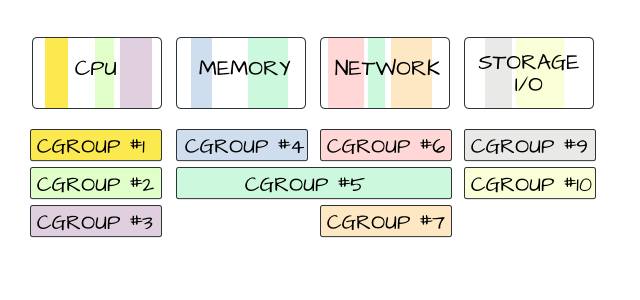Building applications have always been a hassle. You’d be happy that your application runs. All of your unit tests work. All your code compiles. Only to find that other guy complaining that your application doesn’t run in his laptop. Everybody is arguing that none of it is each’s fault. Better yet, your Project Manager complains that the time is running out for you to figure out why it doesn’t work, while theoretically it should.
There are many checklists and things to consider: Library versions, Application versions, OS versions, Kernel versions. If you take a look at it, almost every frustrations inside building an application are based on versioning. Past technologies exists to tackle this, with the most archaic way being just bringing your laptop to your colleague. However, you find yourself hearing this Containers on Docker that supposed to change your life 180 degrees; Well, what is it?
Docker, The Savior to Our Deadlines
Docker provides the ability to package and run an application in a loosely isolated environment called a container. The isolation and security allow you to run many containers simultaneously on a given host. Containers are lightweight and contain everything needed to run the application, so you do not need to rely on what is currently installed on the host. You can easily share containers while you work, and be sure that everyone you share with gets the same container that works in the same way.
Docker provides tooling and a platform to manage the lifecycle of your containers:
- Develop your application and its supporting components using containers.
- The container becomes the unit for distributing and testing your application.
- When you’re ready, deploy your application into your production environment, as a container or an orchestrated service. This works the same everywhere.
Well, why use this rather than using a Virtual Machine (VM)?



















